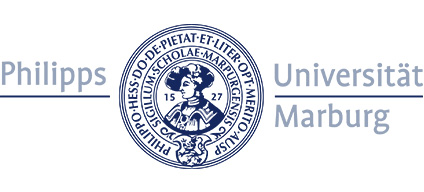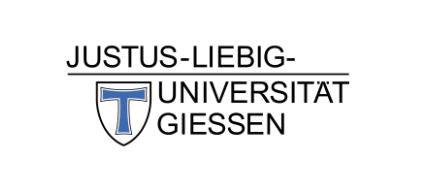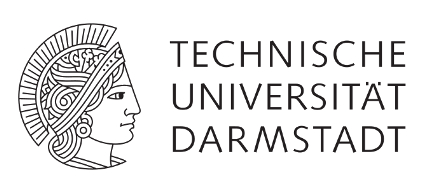31.12.2017 Success for international research training group
DFG funds International Research Training Group "The Brain in Action" for a further four-and-a-half years

Research Campus of Central Hessen
Major success for the International Research Training Group "The Brain in Action" (IRTG-1901), which is based at Gießen and Marburg universities: The German Research Foundation (DFG) senate committee for research training groups has decided to fund the group for a further four-and-a-half years starting in April 2018. The funding amounts to around 4.5 million euros.
"We are extremely delighted by this acknowledgement of our work in the area of supporting young researchers," says neurophysicist Professor Dr Frank Bremmer, the head of the Marburg Center for Mind, Brain and Behavior (MCMBB) and the Marburg-based spokesperson for IRTG-1901. "This is a huge success for the entire team on the German and on the Canadian side," adds Professor Dr Katja Fiehler, psychologist and the IRTG's Gießen-based spokesperson.
IRTG-1901 is a training and research group that brings together researchers from a total of five universities: On the German side, the universities in Gießen and Marburg and on the Canadian side, the three universities York (Toronto), Western (London, Ontario) and Queen’s (Kingston, Ontario). The DFG set up IRTG-1901 on 1 October 2013. A total of 25 doctoral candidates are earning their doctorate on the German side (twelve of them financed by the IRTG); they are supervised by twelve professors. The same number of doctoral candidates and professors are involved on the Canadian side. One key element of the IRTG's approach are research stays at the universities in the partner country by the doctoral candidates. "Our doctoral candidates spend six to twelve months of the time needed to earn their doctorate in Canada. So far, the research stays have been extremely successful and enriching experiences for the doctoral candidates both on a scientific as well as a personal level. Particularly the chance to network internationally at such an early stage of their careers is a huge bonus," says Fiehler. "Over the course of the at present four years, a super team spirit has evolved across university and country boundaries," Bremmer says.
IRTG-1901's key research topic is the interaction between perception and action, and how these interactions are processed on the neuronal level. Perception and action have traditionally been investigated separately. "However, when we perform everyday actions, for example reaching for a cup of coffee, the brain has to process sensory and motor signals at the same time. For instance, touching the cup signalises to the brain that the purpose of the action has been reached," says Bremmer. "We are extremely delighted by the fact that we can now continue the successful German-Canadian research in this field for a few more years." Fiehler says: "The outcome so far is already extremely successful: Until now, ten candidates have successfully obtained their doctorates, and all of the successful candidates have found attractive positions in research or in the high-tech industry."
The German Research Foundation sponsors research training groups for up to nine years. The aim is to structure the doctorate candidate stage further and to teach so-called "transferable skills" through additional offers to prepare the doctoral candidates in the best possible way for their careers in research or outside of the science environment. Following the extension of SFB/TRR-135, the successful extension of IRTG-1901 is already the second major success of the neuroscience and psychology faculties at Marburg and Gießen within a few weeks.
Contact details
Professor Dr. Frank Bremmer
Philipps-Universität Marburg
Phone: 06421 28-24162
Email: Frank.bremmer@physik.uni-marburg.de
Professor Dr. Katja Fiehler
Justus Liebig University Giessen
Phone: 0641 99-26144
Email: Katja.Fiehler@psychol.uni-giessen.de
Research Campus of Central Hessen
The Research Campus of Central Hessen is a cross-university institution set up in accordance with §47 of the Hessisches Hochschulgesetz (federal state of Hesse higher education act) to encourage the establishment of regional groups focusing on research, the promotion of young researchers and the research infrastructure. Justus Liebig University Giessen, Philipps-Universität Marburg and TH Mittelhessen University of Applied Sciences are all involved in the campus.


